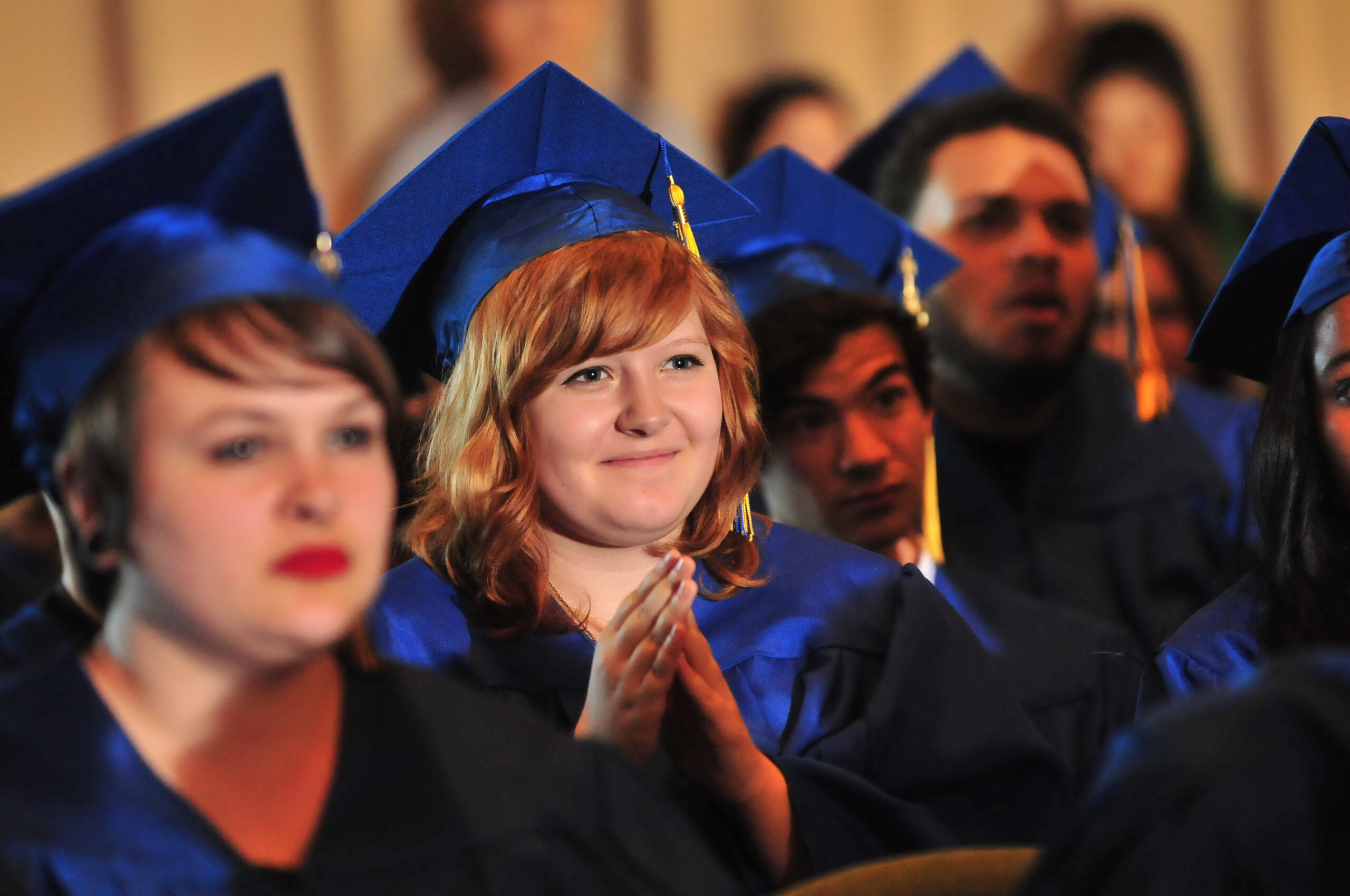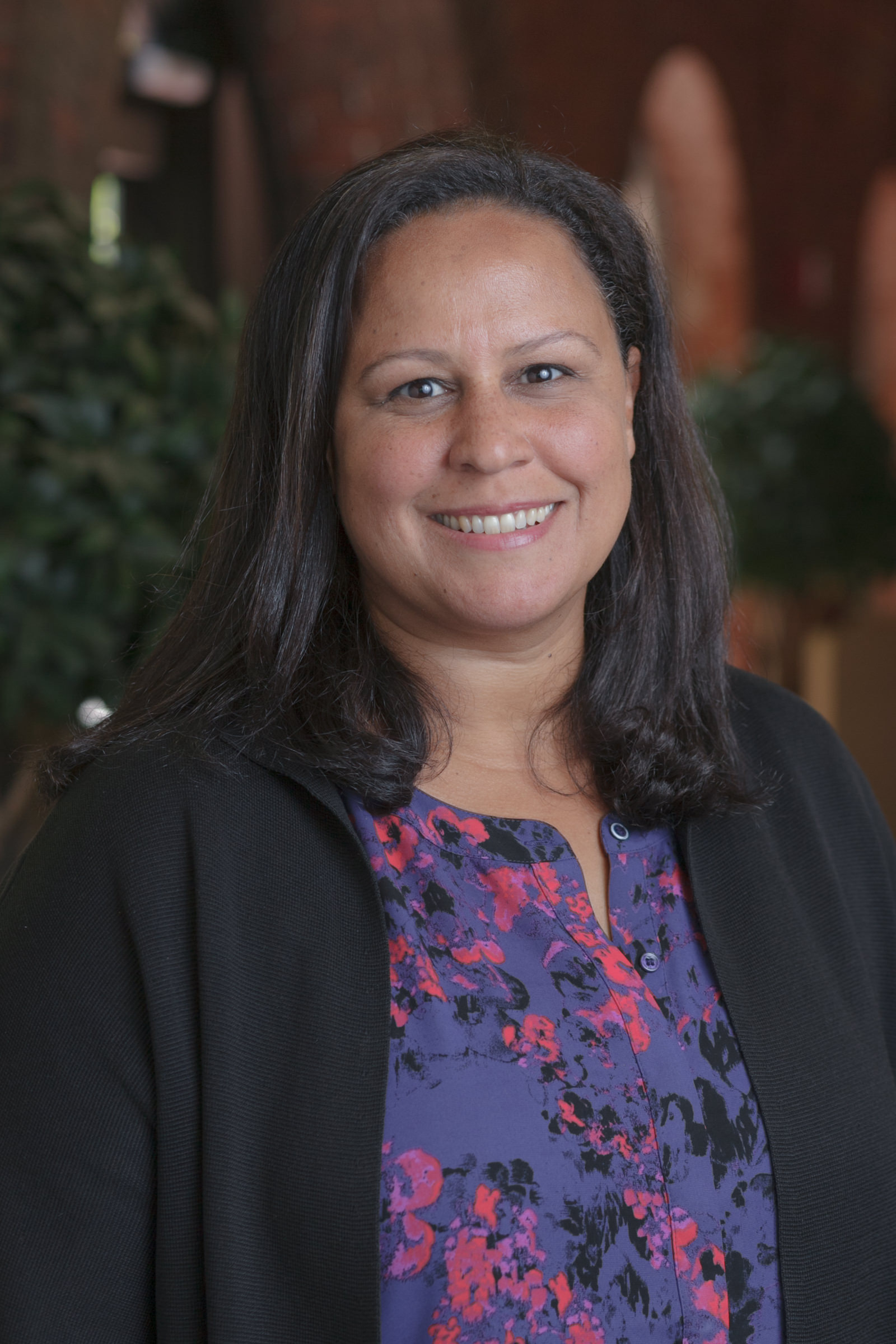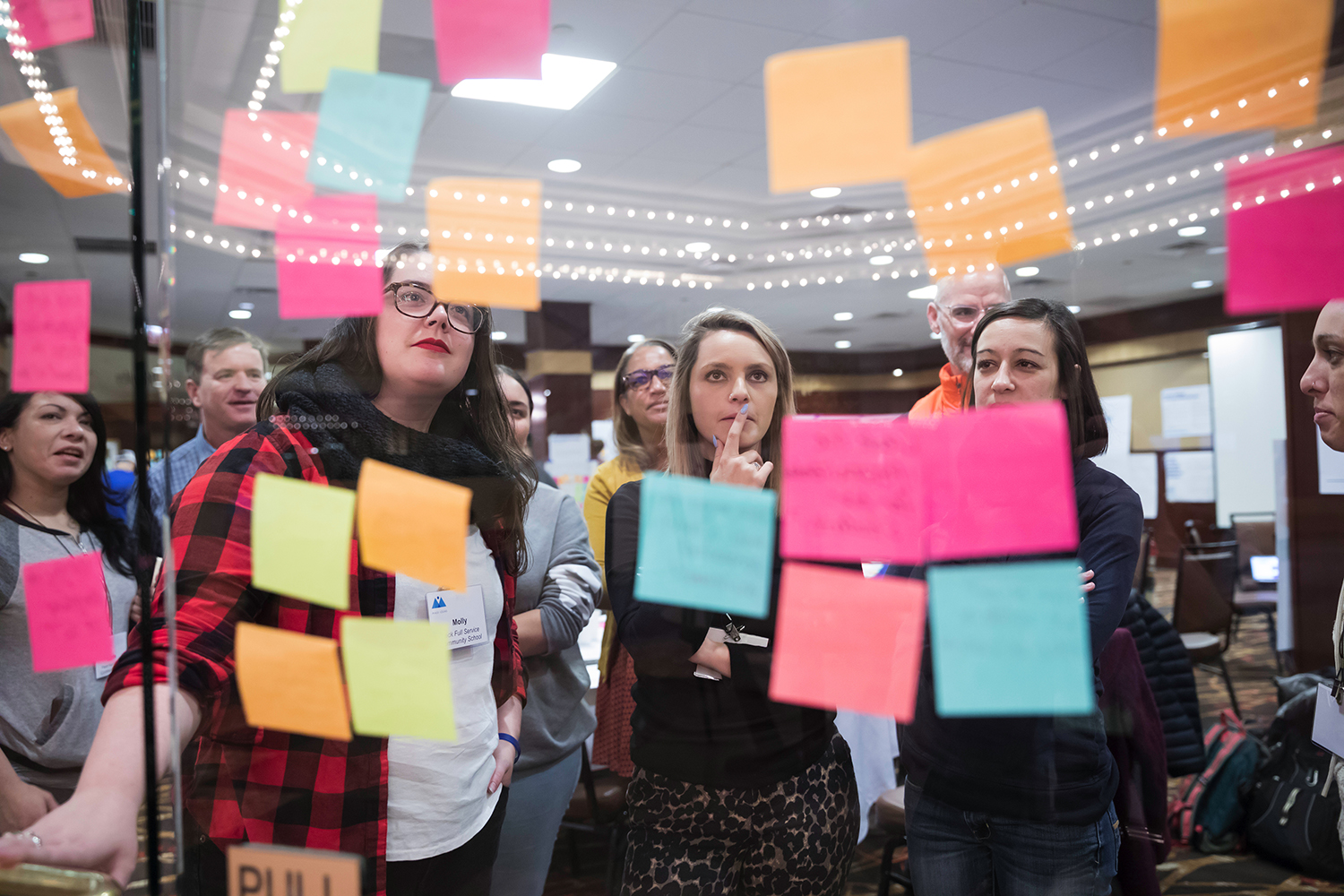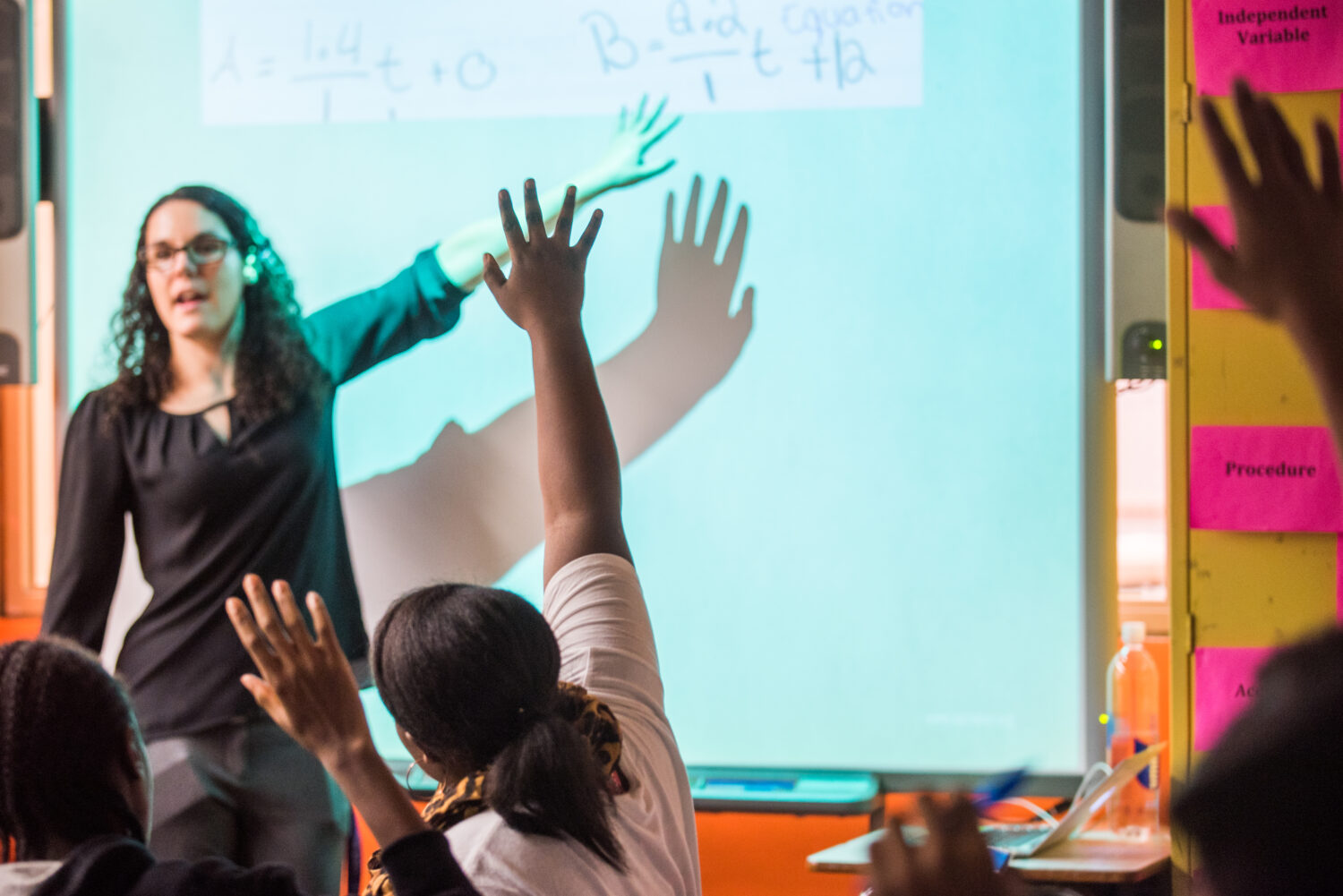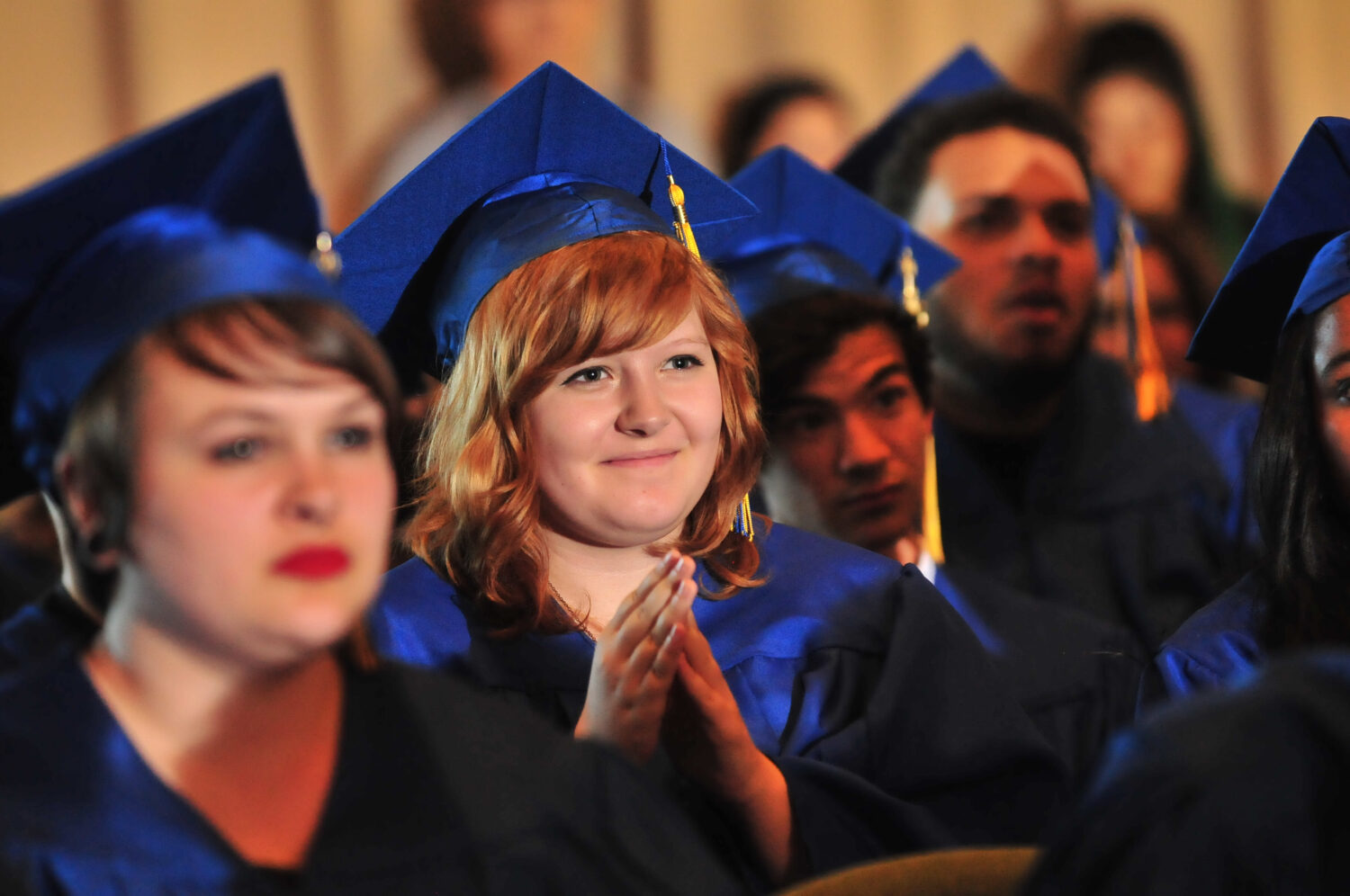In September, I announced a new multi-year initiative from Barr’s Education Program. Our goal is to marshal critical resources, awareness, solutions, and opportunities to support one of New England’s most marginalized high school populations: students who are off track in the goal of graduating from high school and connecting to post-secondary success. Our first step was to issue an RFI to identify, learn from, and begin to engage with potential partners.
In the weeks that followed, we received 128 RFI responses from people coming at this challenge from many different angles—individual schools (including district, charter, and independent schools), whole districts, community-based organizations, intermediaries, universities, and entrepreneurs. Responses were submitted from throughout New England and beyond. While there was a great variety in perspectives and approaches to opening pathways for young people, all of the proposals shared a singular commitment to student success. Our deepest thanks goes to all who invested time to share their expertise and aspirations with us. Your input was an inspiration to us, and enormously helpful, as we worked to clarify the types of partners we are looking for.
We have several key takeaways from the RFI responses. First and foremost, it is evident that there is tremendous interest in improving the life trajectories of New England high school students who are off track to graduate. RFI responses also made it clear that there are a variety of means to address the needs of this population, including implementation of school and program models and targeted student interventions. While all of these approaches are important to the ecosystem of improving outcomes for students who are not connecting to success in high school, for the purposes of this initiative, we are honing in on the approach of full-time, holistic schools and programs. Within this approach of school and program models, it is clear that there is a range of governance structures that may be valuable to advancing high-quality pathways to a public high school diploma.
A final key takeaway is that RFI respondents were interested in creating new schools/programs, expanding existing options, and improving existing sites, all of which are important methods to increase the quantity and quality of high-quality schools and programs for New England’s students who are off track for graduation.
Today, we are excited to embark on the next phase of this work—and to release a request for proposals (RFP) that builds on what we learned during the RFI phase. The Barr Foundation seeks proposals for innovative public high schools and programs across New England that are designed to support students who are not on track to graduate or connect to post-secondary success by:
- Creating intentionally flexible and responsive environments that integrate Positive Youth Development Theory.
- Leveraging assets in their surrounding communities.
- Drawing on diverse networks to access critical resources for students.
Our goal is to support the development of exemplary schools and programs across the region that can powerfully demonstrate the impact of intentionally addressing both academic and developmental needs with student-centered, targeted, and supportive approaches.
Funding in this initiative will roll out in two phases. The first phase, which this RFP addresses, is for planning. Starting today, applicants can begin preparing their proposals for one-year planning grants of up to $150,000 each to support the development of their school or program. Barr will accept proposals via an online form until February 15, 2017.
We expect to announce a first cohort of as many as eight planning grants in July 2017. We also plan for this to be the first of three annual cohorts of planning grantees. Each year, in addition to financial support, awardees will receive technical assistance and will have access to collective learning opportunities facilitated by our nonprofit partner Springpoint.
Following the planning year, Barr will invite a subset of planning grant awardees to apply for two-year implementation grants of up to $750,000 each. We anticipate that successful applicants in the implementation phase will then launch their expanded, improved, or new models in the fall of 2018.
We believe that all students have the right, and the ability, to connect to secondary and post-secondary success. In order to fully realize their potential, even students who are not currently on track to graduate can and must be supported to achieve at high levels. Doing so requires targeted investments in new models that embrace a student-centered approach. We are excited to be able to offer this funding opportunity and look forward to partnering with leaders in this work.
